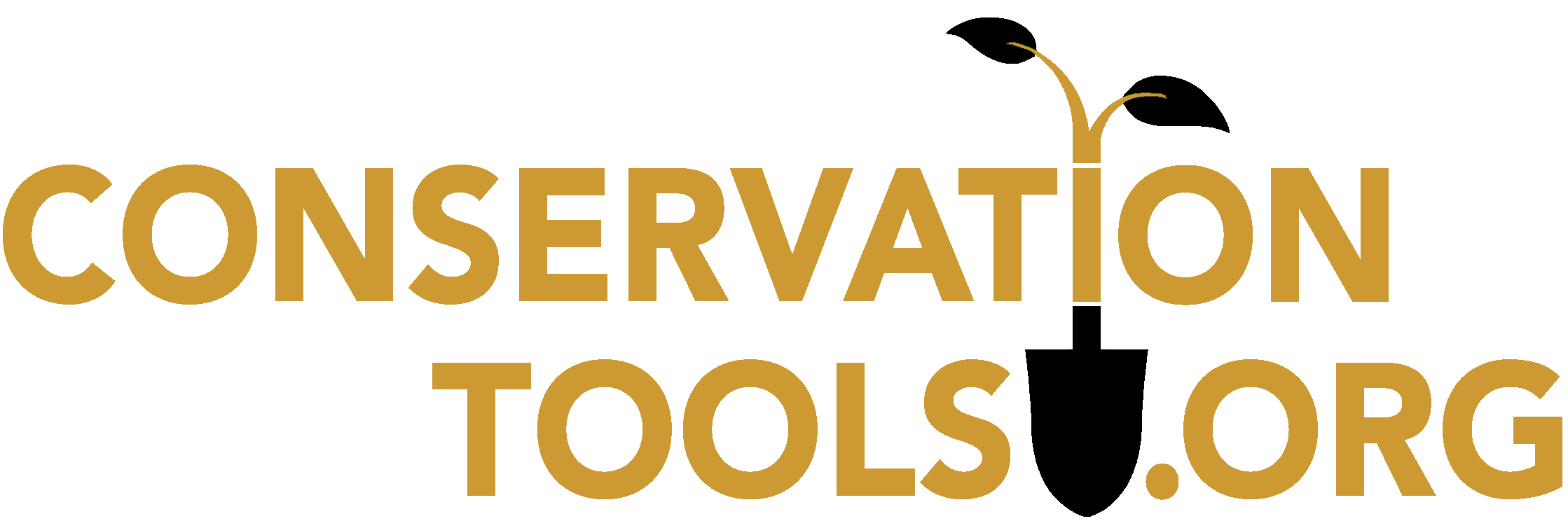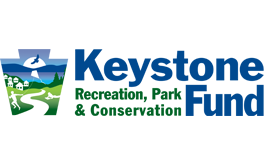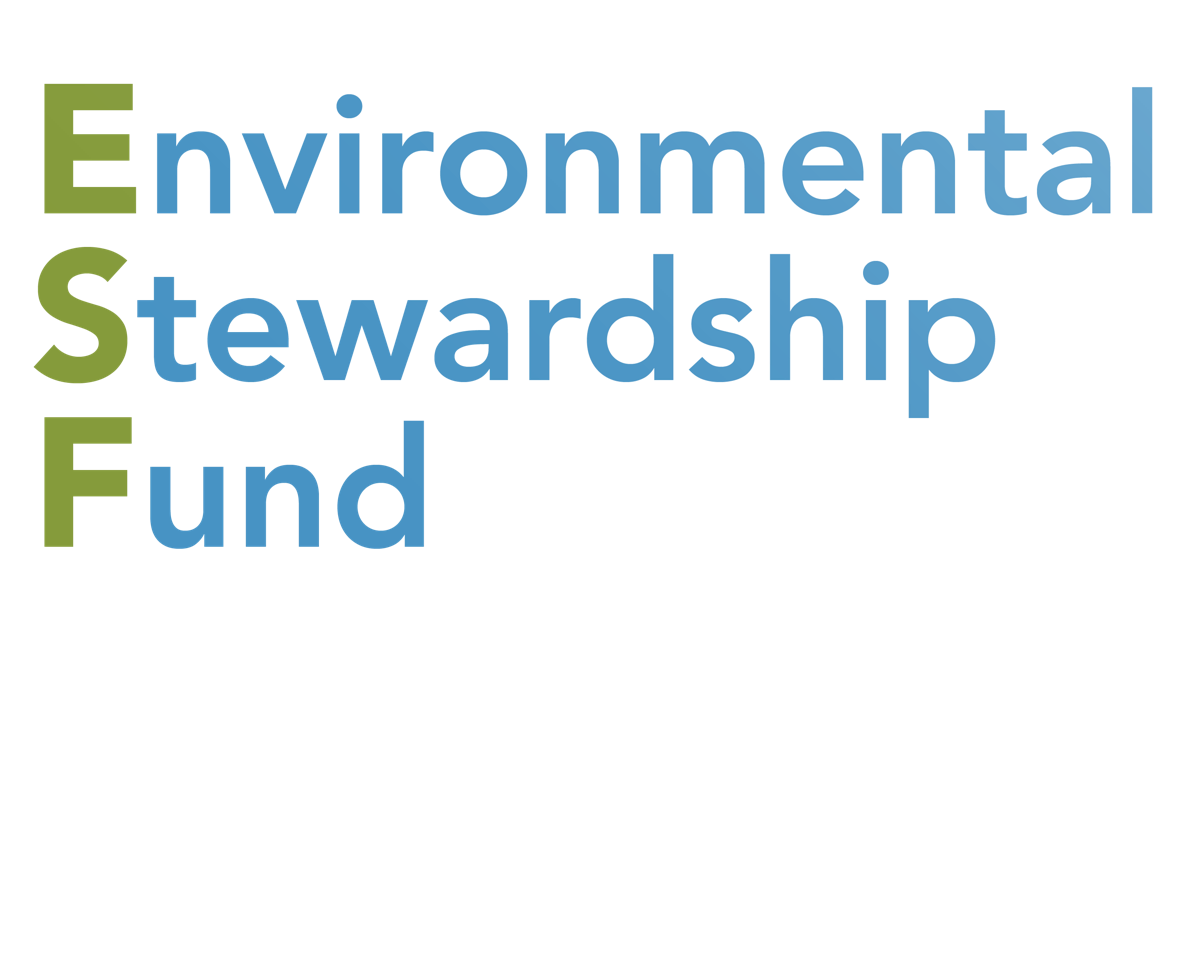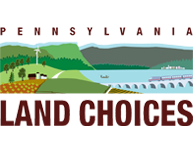SUBMIT YOUR PROPOSAL
We are excited to host the 2019 Pennsylvania Land Conservation Conference in Monroe County, which is nestled in the heart of the Poconos. There is an abundance of land and water conservation efforts happening in this region and every conservation story offers a unique blend of collaboration, determination and inspiration. A perfect setting for the perfect conference.
Deadline
Please submit by midnight on November 9th.
Conference Attendees
The Pennsylvania Land Conservation Conference is Pennsylvania’s annual educational, networking and inspirational event for private and public land and water conservation. Attendance expected is 350-400 attendees and will include conservation practitioners, farmland preservation advocates, attorneys, appraisers and real estate specialists, planners, municipal and county officials, state officials, landscape architects, organizational development and fundraising experts, from across Pennsylvania and beyond.
Proposal Form
You must be logged in to submit a conference proposal. Log in or Create an Account.
The proposal form requests the following information:
- Workshop Title
- Session Tracks: Indicate in which track(s) your session best fits.
- Session Description: Please note the 1000 character limit.
- Presenter Information: This includes email, title, affiliation, phone and bio.
- (Optional) Case for Presentation: This can be text or an uploaded file to further substantiate the need or benefits of the proposed session.
- Preferred Length of Workshop/Seminar: See Session Length below for further guidance.
- Education Level: Choose the level of instruction that best fits the content of your workshop.
- Continuing Education Credits: Would this course potentially be eligible for professional credits? In the past, conference sessions have been approved for Continuing Legal Education Credits (through PA CLE Board); Landscape Architect CEUs (through PRPS); Park & Recreation Professional CEUs (through PRPS); Certificate Maintenance Credits (through APA); and Continuing Forestry Education Credits (through SAF).
- (Optional) Course Outline: You can submit a conference course outline or agenda if desired.
- Presented session elsewhere: Tell us if you have presented this topic in the past.
Session Length
Please consider the time limitations in designing your proposal. Sessions tend to range from 75 minute to two hour sessions. Keep in mind that workshops offer a limited time period to delve sufficiently into content areas. We discourage any more than three speakers per workshop. If you are interested in submitting a proposal that would include more than three speakers, please contact Nicole Faraguna at 717-909-1298 to discuss.
The conference will offer a selection of seminars that are three hours in length or longer; available slots are extremely limited. If you are interested in leading a seminar, please email Nicole Faraguna or phone 717-909-1298 before completing your proposal.
Scheduling Sessions
If you are planning to submit a proposal, we encourage you to block the dates of the conference in your calendar (May 16-18, 2019). We can not guarantee specific days or times. We’ll do our best to work around extraordinary circumstances but please be willing to present on Thursday, Friday, or Saturday of the conference.
What Are You Expecting From Your Audience?
Consider including a “prerequisite” or a “disclaimer” in your final course description to convey the level of experience you are expecting people to bring to your workshop. Below are a few examples:
- “Workshop participants need to have been significantly involved in drafting/negotiating several conservation easements.”
- “This workshop is designed for people who have never been involved in a capital campaign.”
- “Workshop participants should have a legal background or be familiar with IRC 170(h).”
- “This workshop will be most beneficial to land trusts with $250,000+ operating budgets.”
What Will Attendees Learn at Your Workshop?
As you draft your final outline and design your presentation, write down at least one thing you want people to learn from your session. Everything in your workshop should lead toward that goal. Here are a few examples of workshop objectives:
- “To better identify conservation easement language that could be misinterpreted.”
- “To identify the most important steps to take before contacting a potential major donor.”
- “To learn how everyone in the room communicates with second-generation landowners.”
Workshop vs. Roundtable
Most of the time, workshops will consist of a lecture followed by (or interspersed with) questions and answers. Some workshops will consist of panel discussions. A roundtable is a significantly different forum. If you are a presenter for a roundtable, a more accurate title for you is “facilitator,” since you will introduce the topic, pose possible questions for the group to consider and then facilitate the discussion.






